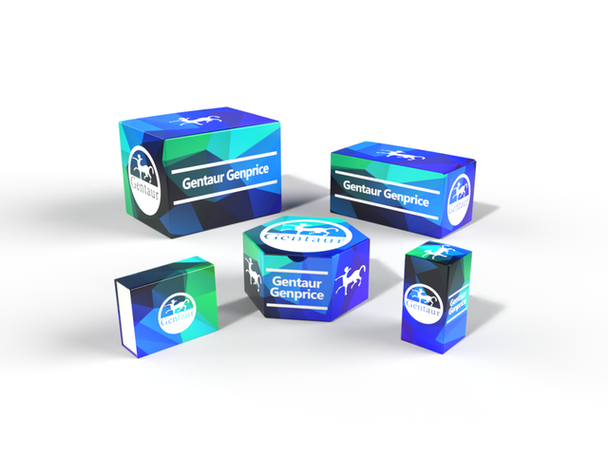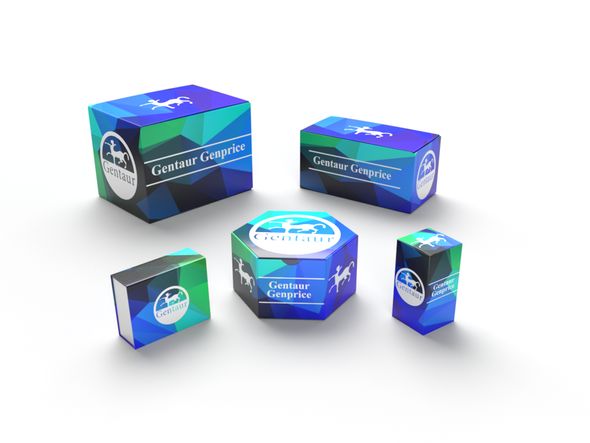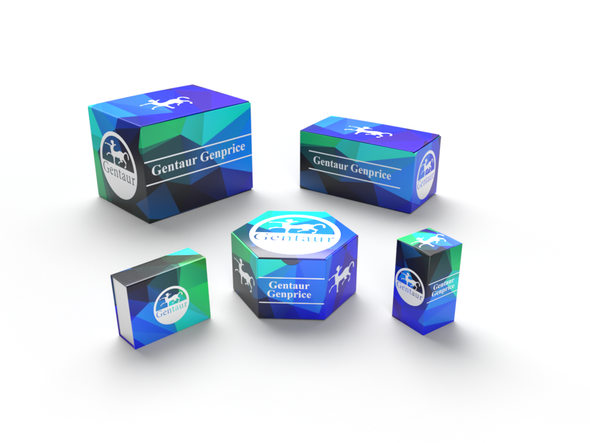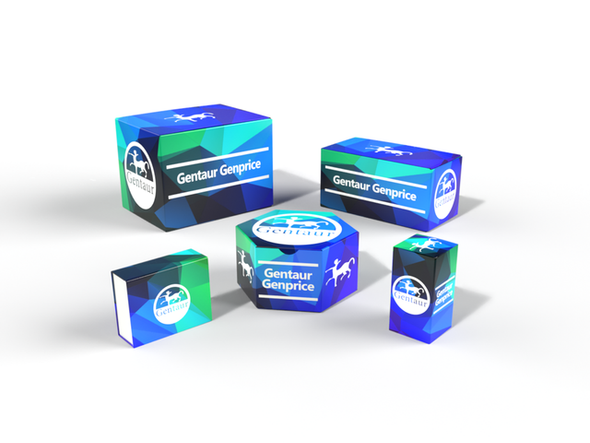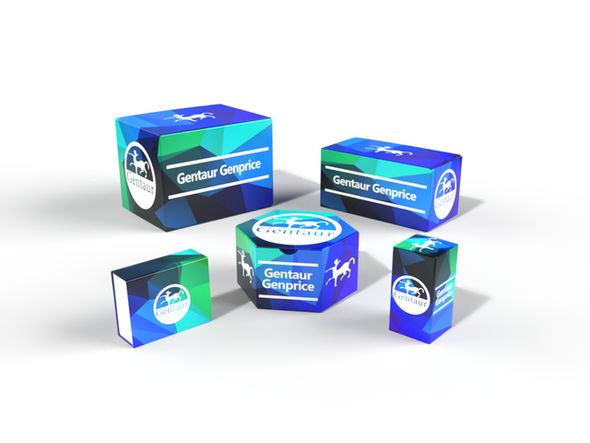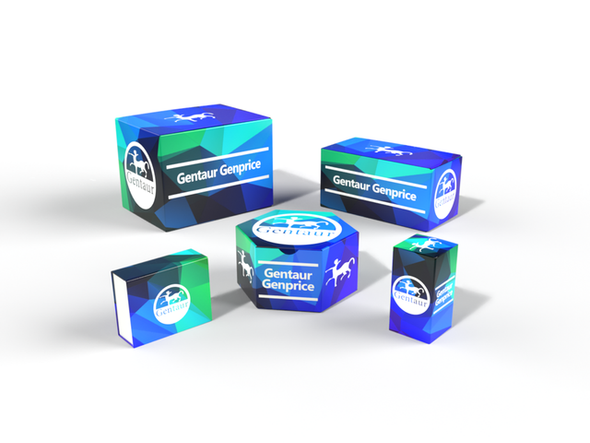740
Bovine Transcription factor jun-D (JUND) ELISA Kit | AE60707BO
- SKU:
- 740-AE60707BO
- Availability:
- Usually ships in 5 working days
Description
Bovine Transcription factor jun-D (JUND) ELISA Kit | AE60707BO | Gentaur UK, US & Europe Distribution
Species Reactivity: Bovine (Bos taurus; Cattle)
Abbreviation: JUND
Alternative Name: AP-1; JunD-FL isoform|activator protein 1|transcription factor jun-D
Application: ELISA
Range: 0.156-10 ng/mL
Sensitivity: 0.075 ng/mL
Intra-Assay: ≤5.9%
Inter-Assay: ≤9.8%
Recovery: 0, 95
Sample Type: Serum, Plasma, Other biological fluids
Detection Method: Sandwich
Analysis Method : Quantitive
Test Principale: This assay employs a two-site sandwich ELISA to quantitate JUND in samples. An antibody specific for JUND has been pre-coated onto a microplate. Standards and samples are pipetted into the wells and anyJUND present is bound by the immobilized antibody. After removing any unbound substances, a biotin-conjugated antibody specific for JUND is added to the wells. After washing, Streptavidin conjugated Horseradish Peroxidase (HRP) is added to the wells. Following a wash to remove any unbound avidin-enzyme reagent, a substrate solution is added to the wells and color develops in proportion to the amount of JUND bound in the initial step. The color development is stopped and the intensity of the color is measured.
Product Overview: JUND is a member of the JUN family, and a functional component of the AP1 transcription factor complex. It has been proposed to protect cells from p53-dependent senescence and apoptosis. Alternate translation initiation site usage results in the production of different isoforms.JUND is the most broadly expressed member of the JUN family and the AP1 transcription factor complex . The antiapoptotic role of JUND was confirmed using an in vivo model of TNF-mediated hepatitis. The authors proposed that JUND protects cells from senescence, or apoptotic responses to stress stimuli, by acting as a modulator of the signaling pathways that link RAS to p53.
Stability: The stability of ELISA kit is determined by the loss rate of activity. The loss rate of this kit is less than 5% within the expiration date under appropriate storage condition. The loss rate was determined by accelerated thermal degradation test. Keep the kit at 37°C for 4 and 7 days, and compare O.D.values of the kit kept at 37°C with that of at recommended temperature. (referring from China Biological Products Standard, which was calculated by the Arrhenius equation. For ELISA kit, 4 days storage at 37°C can be considered as 6 months at 2 - 8°C, which means 7 days at 37°C equaling 12 months at 2 - 8°C) .

